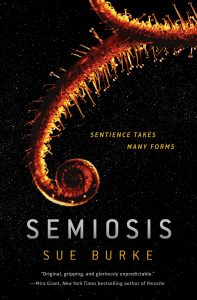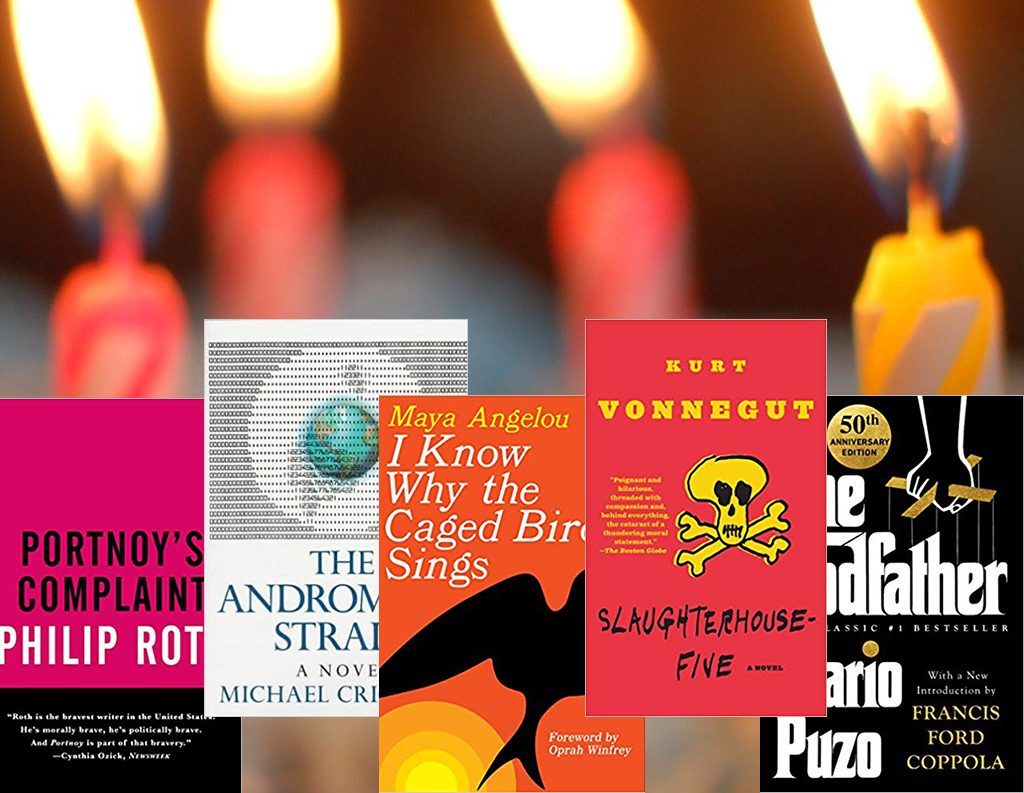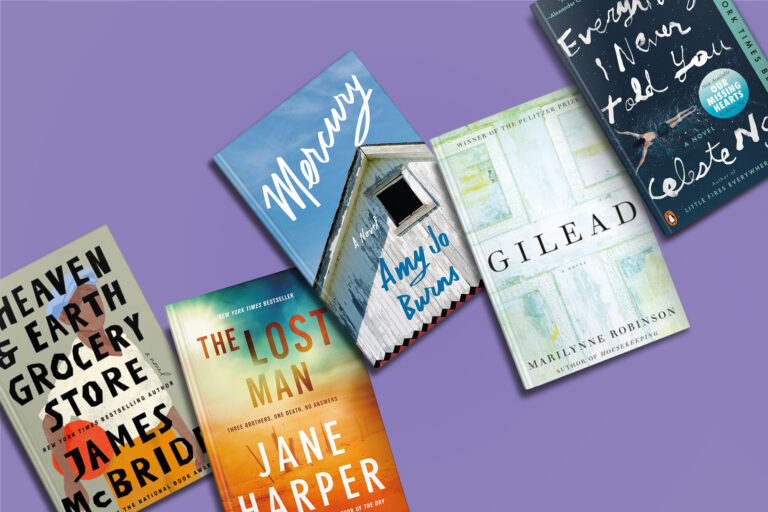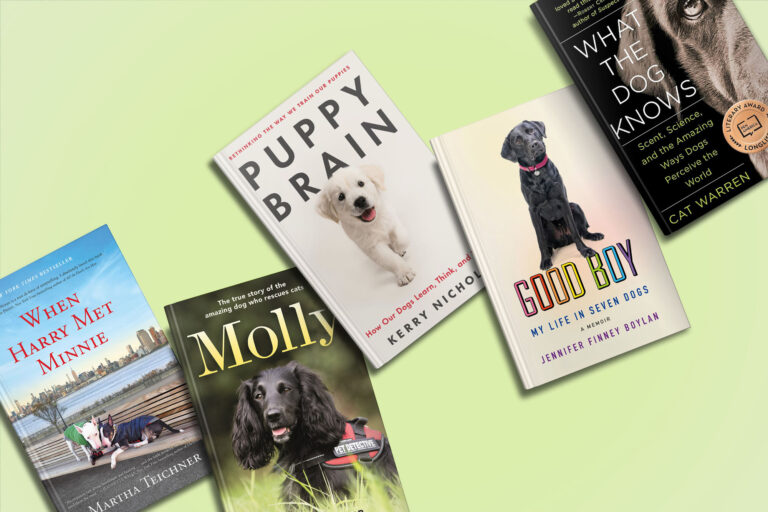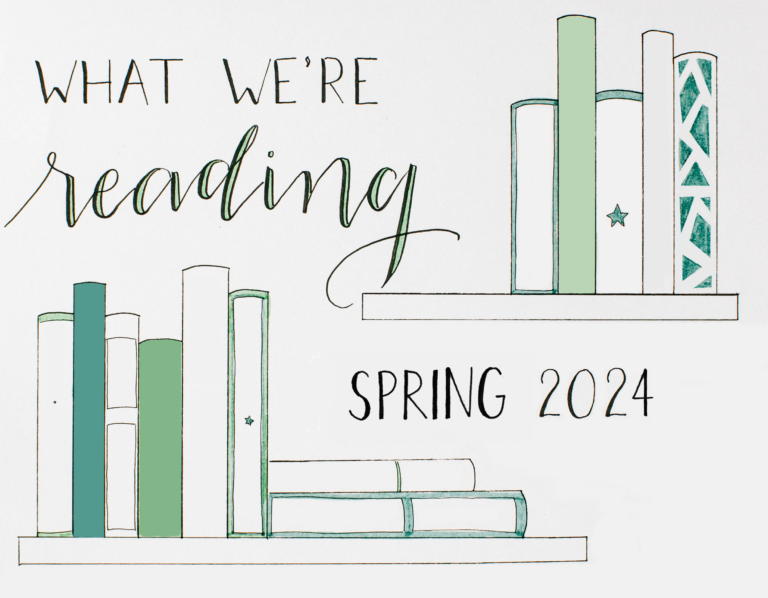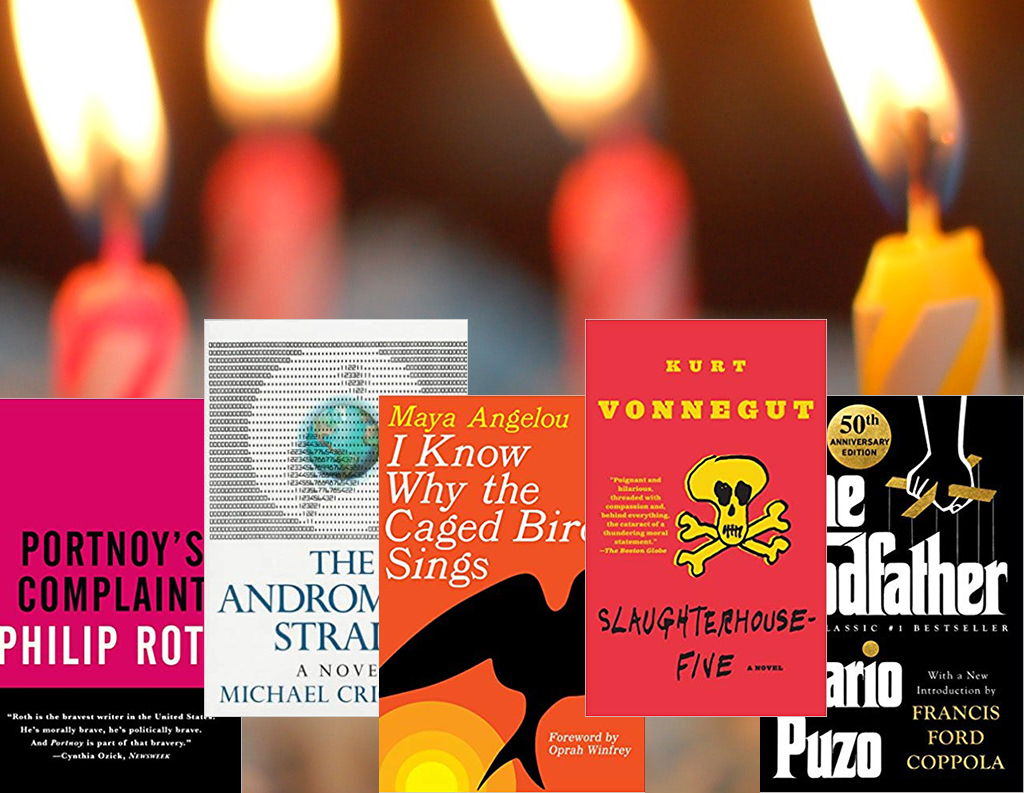
In literature as in history, 1969 was an eventful year. A man walked on the moon; thousands flocked to upstate New York for a concert called Woodstock; and a college dropout published one of the greatest anti-war novels of all time. From Slaughterhouse-Five to The Godfather, we’re celebrating five masterpieces on their 50th anniversary and recommending 10 contemporary books you may like just as much.
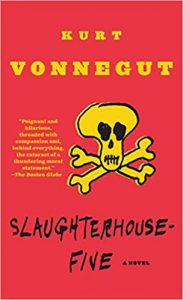
With a brilliant mix of comedy, tragedy, metafiction, philosophy, and a plot that zooms from the battlefields of WWII Europe to outer space, Slaughterhouse-Five captured the zeitgeist of the 1960s counterculture and transformed Kurt Vonnegut from an obscure science fiction writer into a household name. The novel’s hero, like its author, is a survivor of the Allied firebombing of Dresden in 1945. But unlike anyone else on Earth, Billy Pilgrim has come unstuck in time, hopscotching between the defining moments of his life without rhyme or reason. It’s a condition he might have picked up on the planet Tralfamadore, where he was exhibited in an alien zoo by toilet plunger-shaped creatures who see in four dimensions and can experience the past, present, and future at will. Their fatalistic response to death and disaster—"And so it goes”—serves as the novel’s refrain and Vonnegut’s stinging moral indictment of man’s inhumanity to man.
If you love Slaughterhouse-Five, you might like:
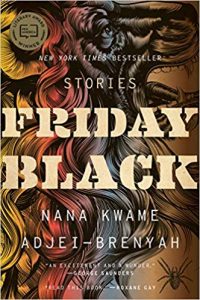
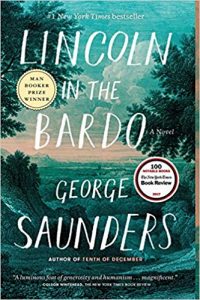
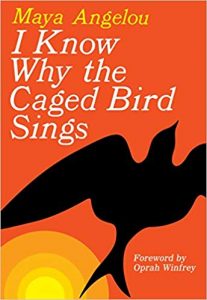
When James Baldwin brought Maya Angelou to a dinner party in 1968, his goal was to cheer her up in the wake of Martin Luther King’s assassination. But the guests, including Philip Roth, were so fascinated by the poet, dancer, and civil rights organizer’s stories of her hardscrabble childhood in Stamps, Arkansas that Baldwin soon had a new mission—to get Angelou to write her autobiography. She demurred, but when an editor suggested that it was just as well, since an autobiography could never be written as literature, Angelou accepted the challenge. The result is one of the most powerful and unforgettable memoirs of the 20th century, a story that bravely catalogues the traumatizing effects of racism, sexism, and poverty on young black women in America and still finds a way—like Angelou herself—to emerge triumphant.
If you love I Know Why the Caged Bird Sings, you might like:
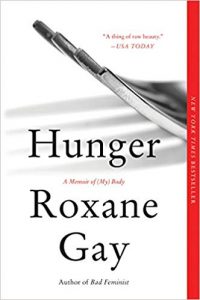
There Will Be No Miracles Here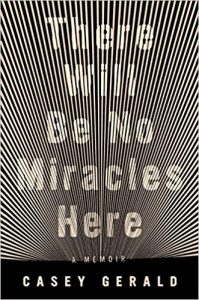
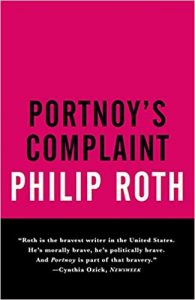
Although he had already published three books and won the National Book Award, Philip Roth didn’t become “Philip Roth” until he wrote this exuberant 250-page monologue of “a lust-ridden, mother-addicted young Jewish bachelor” unburdening himself to his psychoanalyst. Filled with obscene humor—including an infamous sex scene with a piece of liver—and unflattering portrayals of Jewish family life, the novel earned stinging rebukes from religious leaders and conservative literary critics. But the controversy landed Portnoy’s Complaint on bestseller lists and made Roth a hero to younger writers who were thrilled by his willingness to break the rules of “serious” fiction. Over the course of his long and distinguished career, Roth wrote some of the finest novels in American literature, but none have entered the popular consciousness with the same audacity and staying power as Portnoy’s Complaint.
If you love Portnoy’s Complaint, you might like:
You Know You Want This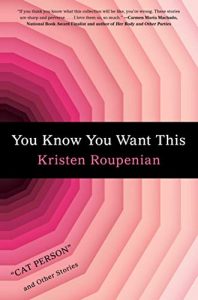
Lake Success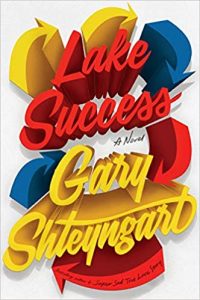
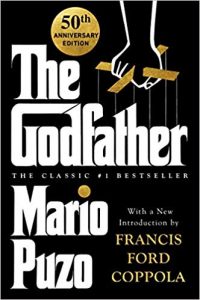
This epic crime novel spent 67 weeks on the New York Times bestseller list and sold more than 9 million copies in its first two years of publication. Mario Puzo, who also wrote the screenplay for Francis Ford Coppola’s Academy Award-winning adaptation, based his story on the notorious Five Families of New York City, whose illicit schemes and byzantine organizational structures had recently been the subject of congressional hearings. The character of Vito Corleone was an amalgamation of real-life Mafia bosses Frank Costello and Carlo Gambino; singer Johnny Fontane was based on Frank Sinatra. Puzo also borrowed from the novels of Honoré de Balzac and Fyodor Dostoevsky to give his story an expansive scope and deep emotional resonance rarely seen in crime fiction. The film trilogy, featuring a cast of virtual unknowns who would go on to become Hollywood royalty, cemented The Godfather’s reputation as the definitive portrait of Cosa Nostra in America.
If you love The Godfather, you might like:
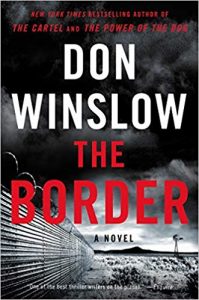
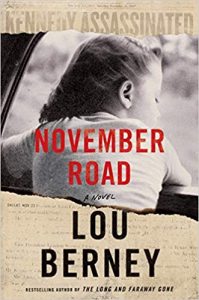
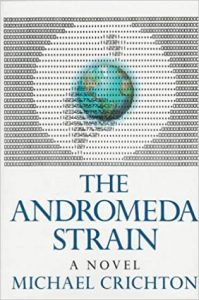
Written while Michael Crichton was still in medical school and published weeks before the first lunar landing, The Andromeda Strain was an immediate sensation, terrifying readers with its plausibility and marking a major turning point in the career of one of America’s most successful authors. When a military space probe falls to earth and unleashes a deadly microorganism on a small Arizona town, five of America’s leading scientists must race to understand the extraterrestrial superbug before it spreads across the globe, killing millions. At the suggestion of his editor, Crichton wrote the book in the style of a New Yorker science article, resulting in a story so convincing many believed it was true. Fears ran so high that the 26-year-old author appeared on TV with Walter Cronkite on the night of the Apollo 11 moon landing to reassure viewers that the astronauts wouldn’t be returning to Earth with diabolical space germs.
If you love The Andromeda Strain, you might like:
American War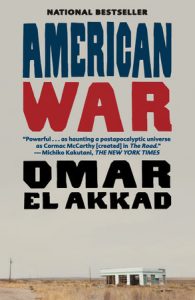
Semiosis